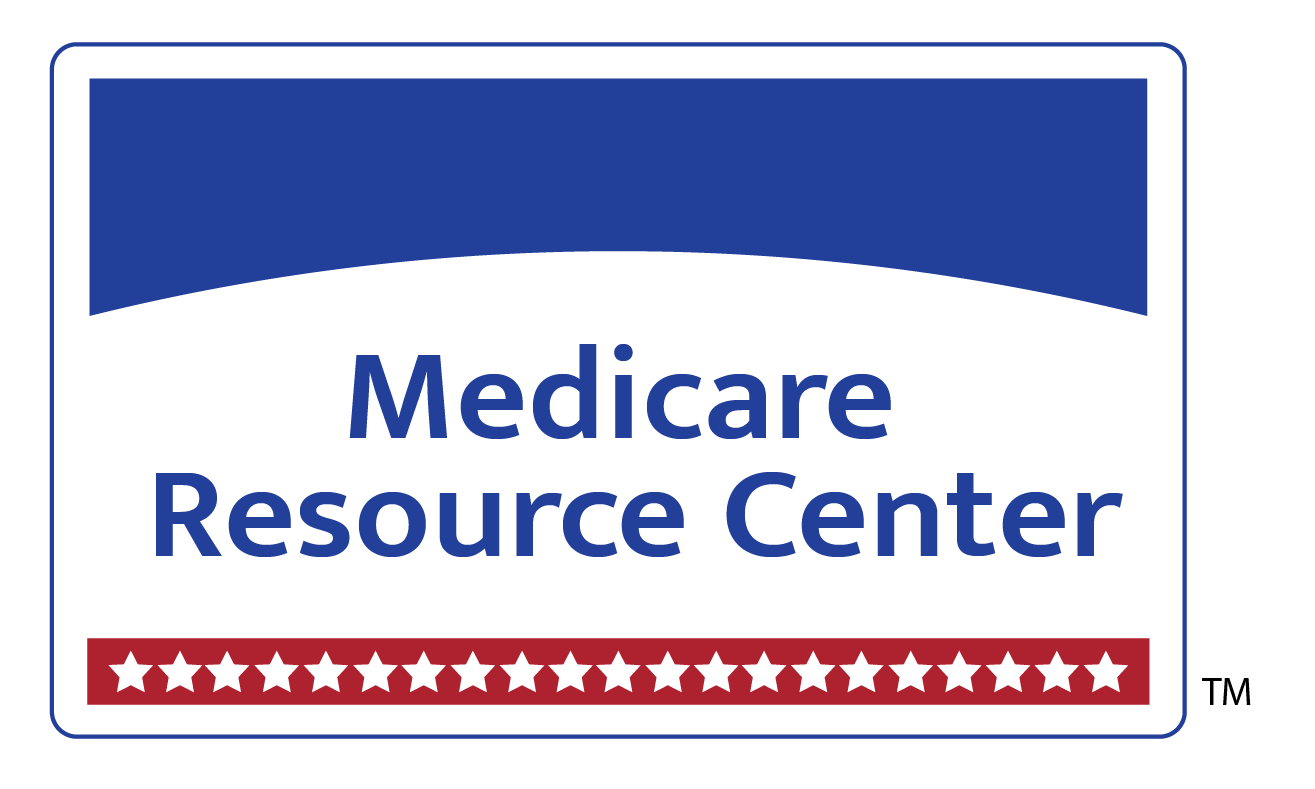Alzheimer's Treatment Excluded from Insurance Coverage for Select Policyholders
- Seth Clayton
- Sep 4, 2023
- 3 min read

Certain private insurance companies are hesitating to cover the cost of the first drug that has received full approval for slowing the progression of Alzheimer's disease. These insurers, operating in states like North Carolina, Pennsylvania, and New York, have informed The Associated Press that they are not including Leqembi in their coverage plans for both individual market policies and employer-sponsored insurance. They argue that the drug, priced at $26,000 per year, is still considered experimental in their eyes.
This stance taken by private insurers contrasts with Medicare, the federal coverage program primarily designed for individuals aged 65 and older. Medicare has decided to provide coverage for most patients prescribed Leqembi, while closely monitoring its safety and effectiveness.
Leqembi represents a breakthrough as the first medication to demonstrate some effectiveness in slowing the cognitive decline associated with Alzheimer's disease, albeit modestly. The U.S. Food and Drug Administration granted approval for this intravenous drug for individuals with mild dementia and early Alzheimer's symptoms.
The FDA's approval followed a comprehensive study where Leqembi demonstrated a delay in memory and cognitive decline of about five months compared to a placebo. However, some Alzheimer's experts argue that this improvement might be too subtle for patients or their families to notice.
Alzheimer's primarily affects the elderly, with approximately 76% of Leqembi recipients expected to be covered by Medicare. However, individuals under 65, including those in their 30s, can also receive Alzheimer's diagnoses, and they are more likely to have commercial insurance coverage.
The decision by some commercial insurers not to cover Leqembi has left healthcare professionals and advocates puzzled. Christine Mann, the Chief Operating Officer of the Dent Neurologic Institute in Buffalo, New York, which plans to provide the drug, expressed concerns about potential discrimination against these patients.
The landscape of commercial insurance coverage for Leqembi is still evolving within the fragmented U.S. healthcare system. Notable insurers refusing coverage include Highmark, which offers Blue Cross and Blue Shield plans in multiple states, Blue Cross and Blue Shield of North Carolina, and Independence Blue Cross in Philadelphia. Highmark and the North Carolina plan have stated that they are monitoring Leqembi and may reconsider their decision.
Independence Blue Cross, on the other hand, made its decision after a thorough review of published studies and publicly available FDA data, concluding that existing evidence does not sufficiently support the safety and effectiveness of Leqembi. Highmark also consulted with specialists to assess the drug's benefits against its potential side effects, such as brain bleeding and swelling.
Some prominent insurers, including Kaiser Permanente and Elevance Health, will cover Leqembi for commercial plans, while UnitedHealthcare declined to comment on its stance.
Because Medicare covers the drug, patients enrolled in privately managed Medicare Advantage plans will receive coverage. However, many other insurers have yet to make a final decision. Most insurers will likely cover the drug but may impose strict restrictions, such as requiring pre-approval, according to Greg Warren, a health actuary and member of the Society of Actuaries.
Commercial insurers typically cover treatments with full FDA approval, but this is not guaranteed. A database maintained by Tufts Medical Center in Boston, which tracks over 11,000 commercial insurance coverage decisions on specialty drugs, shows that in 2% of cases, insurers do not cover FDA-approved uses. This often occurs when there are doubts about the supporting evidence for the drug's efficacy and safety.
The denials of coverage for Leqembi do not come as a surprise to Jack Hoadley, a health policy researcher at Georgetown University's Center on Health Insurance Reforms. He cited the drug's serious side effects and high cost as factors influencing insurers' decisions. However, Hoadley also noted that insurers might struggle to justify their decisions, especially when Medicare has opted to cover the drug.
Patients who do not receive coverage through commercial plans may eventually access it through Medicare or state- and federally funded Medicaid programs. However, waiting for coverage can be risky, as those who progress beyond the early stages of Alzheimer's may no longer qualify for Leqembi.
Bonnie Bortz, who is caring for her 38-year-old daughter Jaime, diagnosed with early-onset Alzheimer's, is hopeful that Jaime will receive Leqembi support when she becomes eligible for Medicare. Still, the delay in treatment has left her anxious, watching her daughter's decline from minor memory issues to more significant cognitive challenges and wanting more time for effective intervention.
